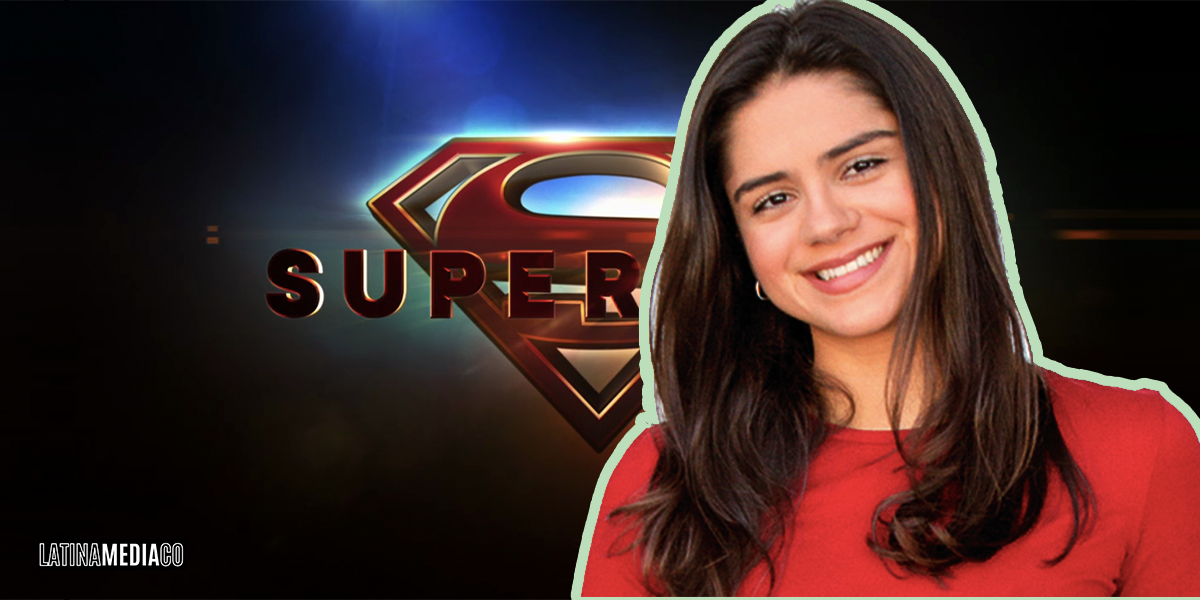It’s no secret that modern science fiction franchises are white-dominant. And Supergirl is just one of many superheroes who we’re used to seeing as white. Since her first on-screen appearance by Helen Slater in Supergirl (1984), the DC icon has been played exclusively by white women in both film and television, including Laura Vandervoort in Smallville (2001–2011) and Melissa Benoist in Supergirl since 2015. The recent casting of Columbian-American actor Sasha Calle as Supergirl in DC’s upcoming film The Flash (2022) makes her the first Latina in history to play the role, and I could not be more excited.
Since watching The Avengers (2012) in theaters, I have loved the superhero film genre for its action scenes, humor, and themes of identity and sacrifice — they hit closer to home than you’d expect from a story so far removed from our reality. But every time I’m interrogated online about my comic book knowledge (and labeled a “fake fan” when I don’t know an answer), I’m reminded that I’m not “supposed” to belong in the science fiction fandom.
Perhaps I shouldn’t be surprised. Cishet white men enjoy gatekeeping comic book culture from marginalized identities, especially women and people of color. You only have to look at the way white fans attacked John Boyega and Kelly Marie Tran during the third Star Wars trilogy — and in response, the radio silence of Lucasfilm — to understand how deeply racism thrives in the science fiction genre, both by its fans and the people making it.
Where Latinx actors are concerned, the industry’s efforts to combat white supremacist attitudes and diversify leading characters has been mixed. Despite accounting for twenty-three percent of Marvel’s movie tickets in 2014, Latinx folks rarely get to see themselves in leading roles in superhero films; when they are featured, the dynamics are far from ideal.
For example, upon joining the cast of Thor: Ragnarok as Valkyrie, Tessa Thompson faced backlash from Marvel fans because her character was originally a white woman in the comics, and just like Lucasfilm, Marvel failed to defend her. They also used stereotypes to portray Luis in the Ant-Man series as played by Michael Peña. From Peña’s heavy accent to his deportation jokes, the film has only ages worse in the post-Trump era. But compared to DC, Marvel has at least made an effort to cast Latinx actors and feature Latinx superheroes.
Thankfully Tessa Thompson as Valkyrie and Zoe Saldaña as Gamora are just the tip of the iceberg of Latinx representation in the Marvel Cinematic Universe. In collaboration with Columbia Pictures and Sony, Marvel also gave us Miles Morales in Spider-Man: Into the Spider-Verse, the first superhero film led by a Latinx character. And by next year, two of their upcoming films, Eternals and Doctor Strange in the Multiverse of Madness, will feature deaf Afro-Latina actor Lauren Ridloff as Makkari, originally a hearing white man in the comics, and Xochitl Gomez as America Chavez, the first Latina lesbian superhero in comic book history.
Latinx actors and superheroes also play pivotal roles in Marvel’s live-action television shows such as Runaways, which features Rhenzy Feliz as Alex Wilder, Allega Acosta as Molly Hernandez, and Ariela Barer as Gertrude Yorkers; Agents of S.H.I.E.L.D. with Natalia Cordova-Buckley as Yo-Yo Rodriguez and Gabriel Luna as Robbie Reyes/Ghost Rider; and Luke Cage with Rosario Dawson as Claire Temple.
Within DC, Latinx actors have only been featured in one television series produced by the company, The Flash, with Carlos Valdes as Cisco Ramon/Vibe, Jessica Camacho as Cynthia Reynolds/Gypsy, and Danny Trujo as Breacher. It’s certainly a step in the right direction but Ramon and Reynolds’s backstories were retconned from the comics to feature Columbian drug dealers and street gangs. So, you know, two steps forward, one step back.
That’s why seeing a Latina actor play Supergirl, the first time a Latinx actor has been featured in the DC Extended Universe, gives me cautious hope.
Similar to Thompson’s casting as Valkyrie and Ridloff’s as Makkari, Calle as Supergirl is a groundbreaking reinterpretation of a historically white character and one who does not have to be shaped entirely by her race. The fact that all three are Latinas is historical for the genre itself. Already, they are opening the door for other Latinx folks in the DC Extended Universe, including Columbian-American actor Rachel Zegler, who was cast in an undisclosed role in Shazam: Fury of the Gods (2023), and Angel Manuel Soto, who will direct the upcoming Blue Beetle, DC’s first-ever Latinx-led superhero film.
Moving forward, I don’t expect these franchises to encapsulate the experience of millions of Latinx folks — that’s impossible and an unfair burden to place on a select few Latinx actors. It’s not the job of science fiction to be perfect in its portrayal of non-whiteness anyway. But it is, at least, its responsibility to not ignore or erase us. With Calle as Supergirl, DC is finally representing me as a Latina on the silver screen, and I’m so happy about it. Thanks for making it fun again to be a superhero fan!
Fans can catch Sasha Calle as Supergirl in The Flash November 2022.

